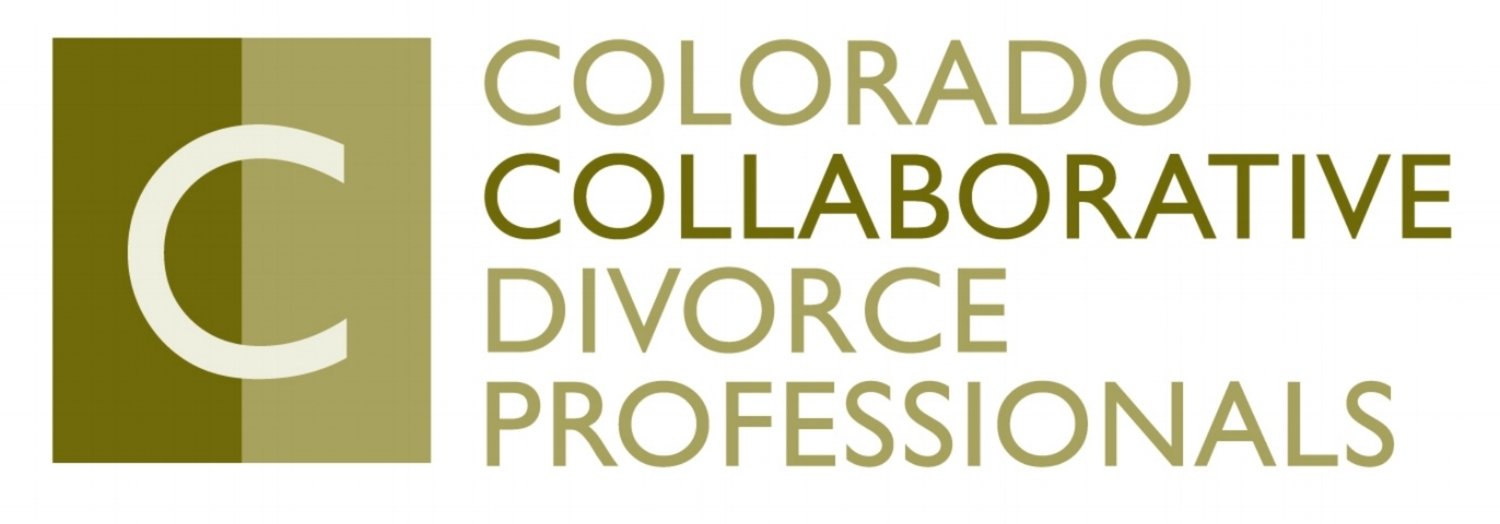Divorce is one of the most emotional experiences a person can go through. It is not just a legal process, it is a major life change filled with stress, uncertainty, and deep emotions. For those involved, understanding the psychological impact of divorce is just as important as handling the legal side.
Collaborative divorce offers a different approach, one that prioritizes emotional well-being alongside fair settlements. By recognizing the feelings and struggles that clients face, professionals can guide them toward a resolution that is not only legally sound but also emotionally sustainable.
The Emotional Stages of Divorce
Divorce can feel like a rollercoaster, with emotions shifting as the process unfolds. Many clients experience feelings of grief, anger, or relief, sometimes all in the same day. While each person reacts differently, most go through common emotional stages.
Shock and Denial – The initial realization of divorce can feel overwhelming, especially if one spouse did not expect it.
Anger and Resentment – Clients may direct frustration toward their spouse, legal professionals, or even themselves.
Negotiation and Acceptance – As time passes, clients begin focusing on solutions, making decisions, and planning for the future.
These emotions do not follow a set timeline. Some clients process them quickly, while others struggle to move forward. Collaborative divorce helps by keeping communication open and reducing unnecessary conflict, giving clients space to work through their emotions.
Why Fear Plays a Major Role
Uncertainty about the future can make divorce feel terrifying. Clients often worry about finances, custody arrangements, and their personal identity after the marriage ends. Many fear the unknown more than the divorce itself.
By taking a collaborative approach, professionals can help ease these fears. Clients feel more in control when they have a say in the outcome rather than leaving decisions up to a court. Knowing that their concerns are heard and considered helps them move forward with greater confidence.
The Impact of Conflict on Mental Health
A high-conflict divorce takes an emotional toll. Constant arguments, legal battles, and stress can lead to anxiety, depression, and even physical health issues. Some clients may struggle with sleepless nights, mood swings, or difficulty concentrating.
Collaborative divorce reduces this strain by shifting the focus from fighting to problem-solving. With support from attorneys, mental health professionals, and financial experts, clients can navigate the process without the emotional damage that comes from aggressive litigation.
Helping Clients Stay Focused on the Future
While the past may feel heavy, helping clients focus on the future is key to a successful resolution. Many find it difficult to make decisions because they are stuck in emotions tied to what has already happened. Encouraging them to shift their perspective can make a difference.
What does life after divorce look like for them?
What goals do they have for their children, finances, or personal happiness?
How can they create a plan that allows them to move forward with peace?
These questions help reframe the process, turning it into an opportunity for a fresh start rather than a battle that must be won.
The Role of Professionals in Supporting Emotional Well-Being
Attorneys, mediators, and financial specialists do more than handle paperwork, they help clients make decisions during one of the most difficult times in their lives. The way professionals approach divorce can have a direct impact on how clients cope.
Compassion, patience, and clear communication go a long way. Clients are already overwhelmed, so keeping legal and financial explanations simple can reduce stress. A collaborative team that listens and reassures clients can help them process emotions while making rational, informed choices.
Why Collaborative Divorce Aligns with Emotional Healing
Traditional divorce often fuels conflict and negative emotions, making it harder for clients to heal. Collaborative divorce takes a different approach, encouraging cooperation, respect, and thoughtful decision-making. Instead of battling in court, clients work together to create agreements that benefit everyone involved.
This method not only results in better financial and custody outcomes, but it also supports mental well-being. Clients are more likely to feel empowered, validated, and prepared to move forward after divorce when they have played an active role in shaping their future.


